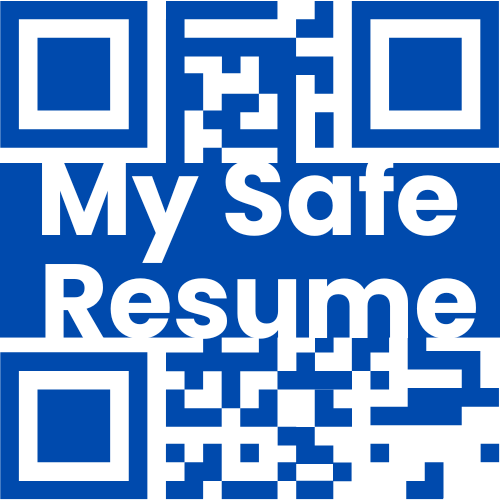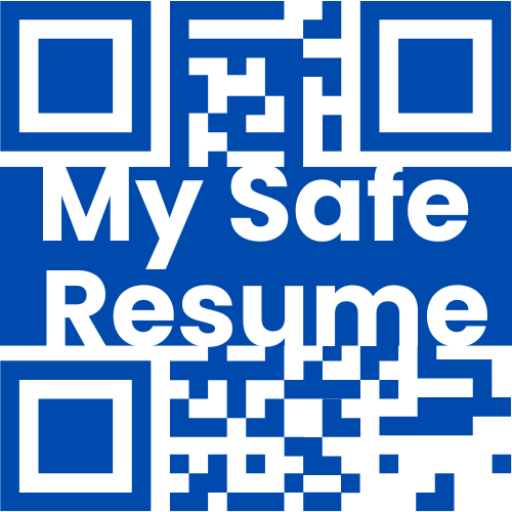In the digital age, your resume is more than just a summary of your professional achievements and experiences. It’s a detailed snapshot of your identity, often containing sensitive information that can make you a prime target for identity thieves.
Understanding what makes your resume valuable to thieves and taking steps to protect your personal information is crucial in safeguarding your identity.
Personal Details Commonly Included on Resumes That Attract Thieves
A typical resume includes various valuable pieces of information for identity thieves. Here are some of the key details that can make your resume a target:
- Full Name: Your complete name is a basic piece of information that can be used to verify your identity in various scenarios.
- Home Address: Including your address can lead to direct physical threats or be used to verify your identity for fraudulent activities.
- Phone Number: Your phone number can be used in social engineering attacks, phishing, and even SIM swapping.
- Email Address: This is often the gateway to many of your online accounts. Once compromised, it can lead to further breaches.
- Date of Birth: Combined with other details, your date of birth can be used to open accounts and access restricted services.
- Employment History: Details about your previous employers can be used to create convincing social engineering attacks or fraudulent employment records.
- Educational Background: Information about where and when you studied can be used to answer security questions or build a profile for identity theft.
How Resumes Are Harvested from Job Boards
Job boards and career sites are convenient platforms for jobseekers, and hunting grounds for identity thieves. Here’s how resumes are often harvested:
- Public Visibility: Many job boards allow resumes to be publicly visible. This means anyone, including identity thieves, can view and download your resume without your knowledge.
- Phishing Scams: Fraudulent job postings and fake recruiters can lure jobseekers into sharing their resumes and personal details.
- Data Breaches: Job boards and recruitment sites are frequent targets of data breaches. Once a site is compromised, thieves can access and steal vast amounts of personal information.
- Automated Scraping: Identity thieves automatically scrape resumes from job boards and websites using bots. These bots can collect large volumes of data quickly and efficiently.
10 Tips for Minimizing Sensitive Information on Your Resume
Mindfully including information in your resume protects you from identity theft. Here are some tips for minimizing sensitive details:
- Credit Card Information: Never include credit card information on your resume as it can lead to significant financial loss if compromised.
- Social Security Numbers: Avoid listing your Social Security number. It is a critical piece of information for identity thieves and can be used to open fraudulent accounts.
- Physical Addresses: Instead of including your full address, mention the city and state. Full addresses can lead to physical threats and are unnecessary for most job applications.
- Medical Records: Do not include any medical information or records on your resume. This is private information that should not be disclosed in a job application.
- Account Login Information: Never include usernames, passwords, or other account login information. This can lead to unauthorized access to your personal and financial accounts.
- Limit Personal Information: Apart from the points mentioned, avoid including your date of birth and other personal details that aren’t directly relevant to your qualifications.
- Use a Professional Email Address: Create an email address for your job search. This can help keep your email secure and separate from potential scams.
- Phone Number Precautions: Use a phone number dedicated to job search activities. You can use a Google Voice number or similar service.
- Employment and Education Details: Provide only necessary details and information. For instance, listing your employment history by job title and company name is sufficient.
- Resume Privacy Settings: Utilize the privacy settings on job boards to restrict who can view your resume. Set your resume as private – to be visible only to employers you apply to.
Safe Ways to Share Your Resume with Potential Employers
While it’s important to limit the exposure of your resume, you still need to share it with potential employers. Here are some safe ways to do so:
- Direct Applications: Apply directly through the company’s official website rather than third-party job boards.
- Email Security: When sending your resume via email, use secure email services and avoid sending it to generic email addresses like info@company.com. Instead, try to find a specific contact person.
- PDF Format: Send your resume in PDF format to prevent unauthorized editing and to ensure the formatting remains intact.
- Personalize Each Application: Tailor your resume for each job application. This makes your application more relevant and ensures the information is not exposed.
- Monitor Your Online Presence: Regularly check where your resume is posted and remove it from sites you no longer use. Set up Google Alerts to notify your name if your information appears unexpectedly online.
Conclusion
Your resume is a valuable asset in your job search, but it’s also a potential goldmine for identity thieves. By being mindful of the information you share and protecting your data, you can significantly reduce identity theft risks.
Always be cautious, use privacy settings wisely, and stay informed about the latest security practices to keep your personal information safe. For further reading on protecting your identity, you can refer to resources such as cybersecurity tips from reputable sources like Norton.



